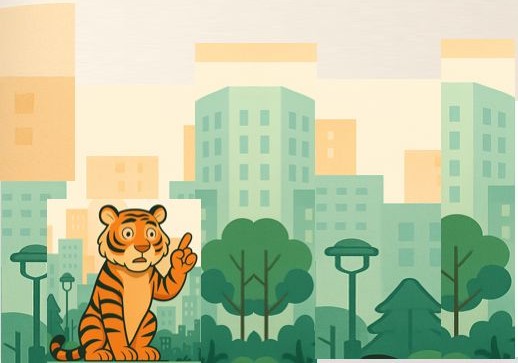Everyone loves the idea of turning waste into wealth — but when it comes to compost, the dream starts decomposing the moment someone says "scale it up." It’s a classic case of trying to build an expressway for bullock carts.
The problem with compost isn’t the science — it’s the geography. Raw material (organic waste) is scattered and bulky, and can’t be gathered without burning fuel and money. And even if you make great compost, selling it beyond 20–30 km means adding ₹1–₹3/kg just in transport — on something that’s already got wafer-thin margins. Result? The economics go from "earthy and hopeful" to "expensive and hopeless" real quick. Big composting units dream of volume, but nature prefers neighbor-hoods. This is a local solution, not a logistics challenge.
Compost doesn’t scale like a product. It thrives like a habit — small, local, and owned by the many, not the mighty.

